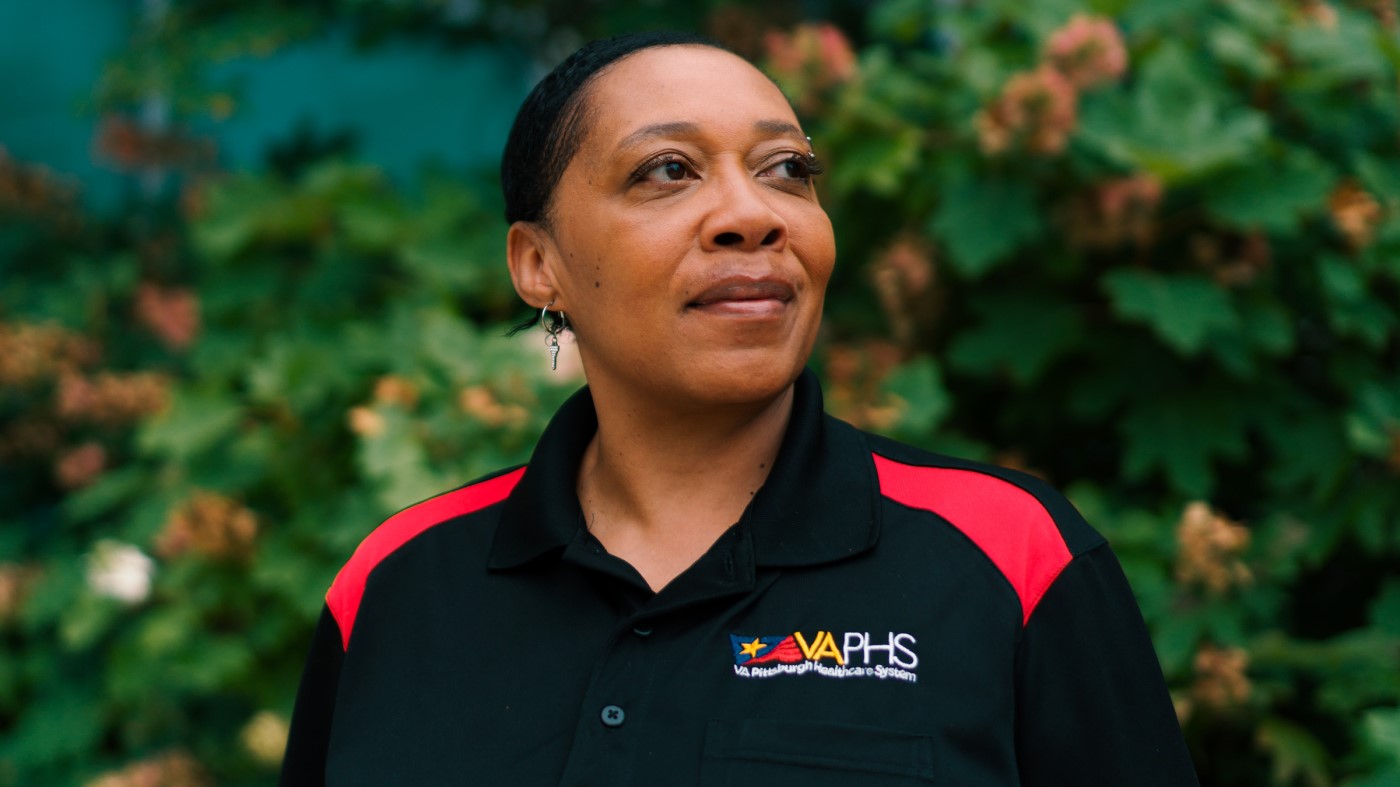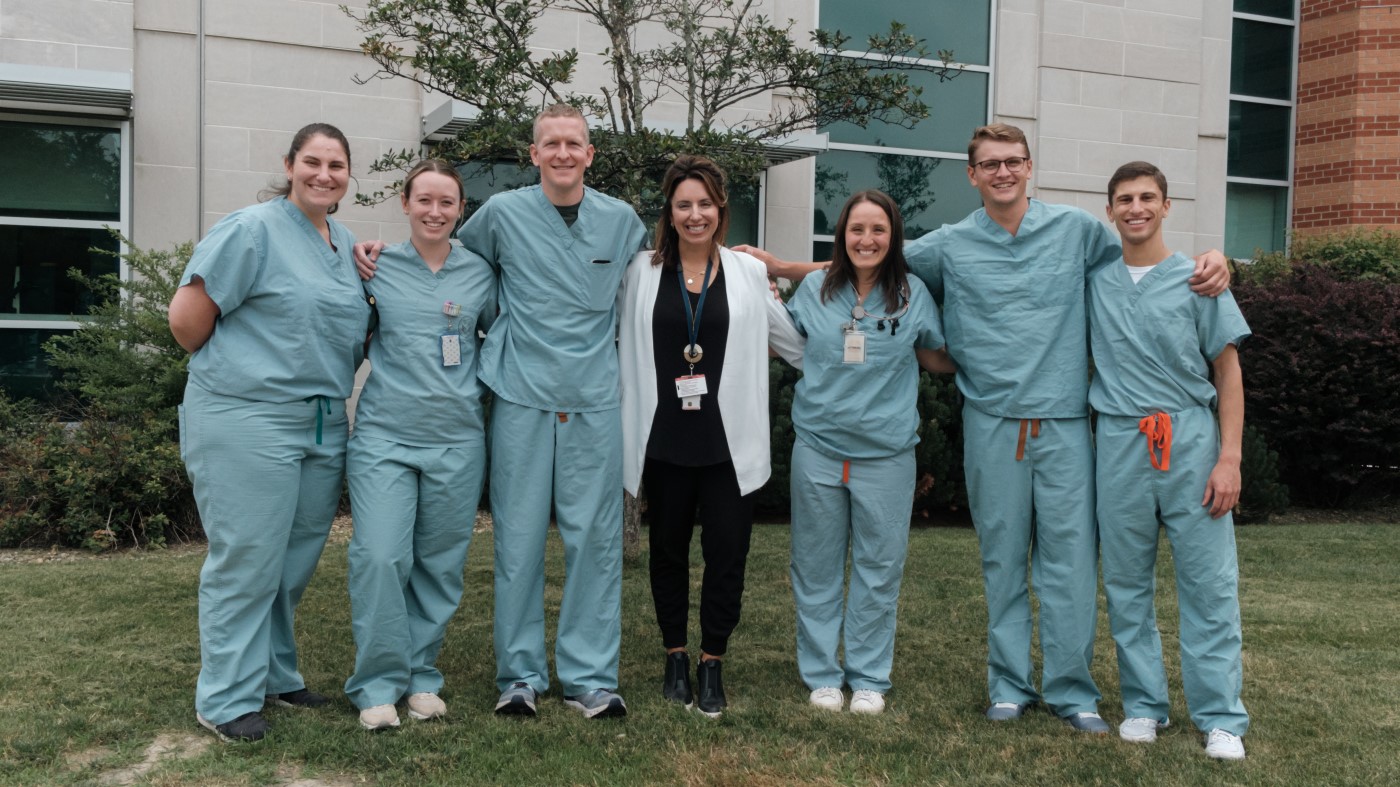At Department of Veterans Affairs, our mental health staff is pioneering evidence-based psychotherapy (EBP). This type of therapy is more effective treatment for PTSD than other treatments or medications, and we are working to provide this type of treatment to every Veteran who needs it. Every mental health career at VA is another opportunity to provide Veterans with a safe space to express their feelings and improve their quality of life.
Only 6-13% of the approximately 500,000 Veterans diagnosed with PTSD undergo EBP, but by getting the word out, we can help even more Veterans receive this treatment. In a study by Dr. Natalie Hundt, a research psychologist at the Michael E. DeBakey VA Medical Center in Houston, 23 Veterans who received EBP were interviewed to determine perceptions pre- and post-treatment to better understand the challenges in signing up Veterans.
By employing more mental health providers, we can provide this treatment at more locations for more Veterans. The study found that some of the biggest barriers to engaging with treatment were related to people’s perceptions. Oftentimes, Veterans are reluctant to recount difficult memories or just have lack of knowledge about how well EBP works.
Our mental health providers are giving Veterans an outlet to talk about their experiences, while giving them confidence by also encouraging them to reach out to other Veterans and physicians. Veterans who participated in EBP felt the experience was a positive one, leading to major improvements in their daily lives.
Mental health providers at VA are dedicated to spreading awareness in creative ways, like partnering with VA peer support providers. Helping Veterans gain access to PTSD treatment could dramatically improve their lives, and it all starts with encouraging our Veterans to get the help they need. If you’re a qualified Mental Health care provider, explore a career path dedicated to helping Veterans at VACareers.va.gov.
Topics in this story
More Stories
Whether it’s access to the great outdoors or a calmer pace in your everyday life, you can find it in rural VA communities around the country.
If you’re looking for an opportunity to provide care to Veterans outside a traditional clinical setting, Home Based Primary Care (HBPC) is a great option.
A key part of your job search is finding the right fit for you and your skills, and workplace culture can impact that dramatically.







Hi Thomas – The Veterans Crisis Line is a toll-free, confidential resource that connects Veterans in crisis and their families and friends with qualified, caring VA responders. Veterans and their loved ones can call 1-800-273-8255 and Press 1 or chat online at http://www.VeteransCrisisLine.net to receive free, confidential support 24 hours a day, 7 days a week, 365 days a year, even if they are not registered with VA or enrolled in VA health care. The professionals at the Veterans Crisis Line are specially trained and experienced in helping Veterans of all ages and circumstances.
I am having trouble handling my reactions to certain situations. Most recent has been only a week ago.
Last week at my appointment I mentioned to my physician my desire to follow-up with some additional PTSD counseling. The only reason for this message was it happened yesterday in church – too many people too close -I had to leave and was really miserable the rest of the day. . . .
Any advise would help. . . . .
Thanks